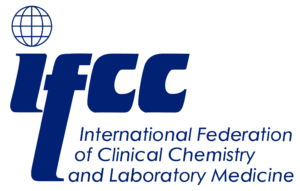Background
The clinical utility of molecular profiling and targeted therapies for neuro-oncology patients outside of clinical trials is not established. We aimed at investigating feasibility and clinical utility of molecular profiling and targeted therapy in adult patients with advanced tumors in the nervous system within a prospective observational study.
Methods
molecular tumor board (MTB)@ZPM (NCT03503149) is a prospective observational precision medicine study for patients with advanced tumors. After inclusion of patients, we performed comprehensive molecular profiling, formulated ranked biomarker-guided therapy recommendations based on consensus by the MTB, and collected prospective clinical outcome data.
Results
Here, we present initial data of 661 adult patients with tumors of the nervous system enrolled by December 31, 2021. Of these, 408 patients were presented at the MTB. Molecular-instructed therapy recommendations could be made in 380/408 (93.1%) cases and were prioritized by evidence levels. Therapies were initiated in 86/380 (22.6%) cases until data cutoff. We observed a progression-free survival ratio >1.3 in 31.3% of patients.
Conclusions
Our study supports the clinical utility of biomarker-guided therapies for neuro-oncology patients and indicates clinical benefit in a subset of patients. Our data might inform future clinical trials, translational studies, and even clinical care.

